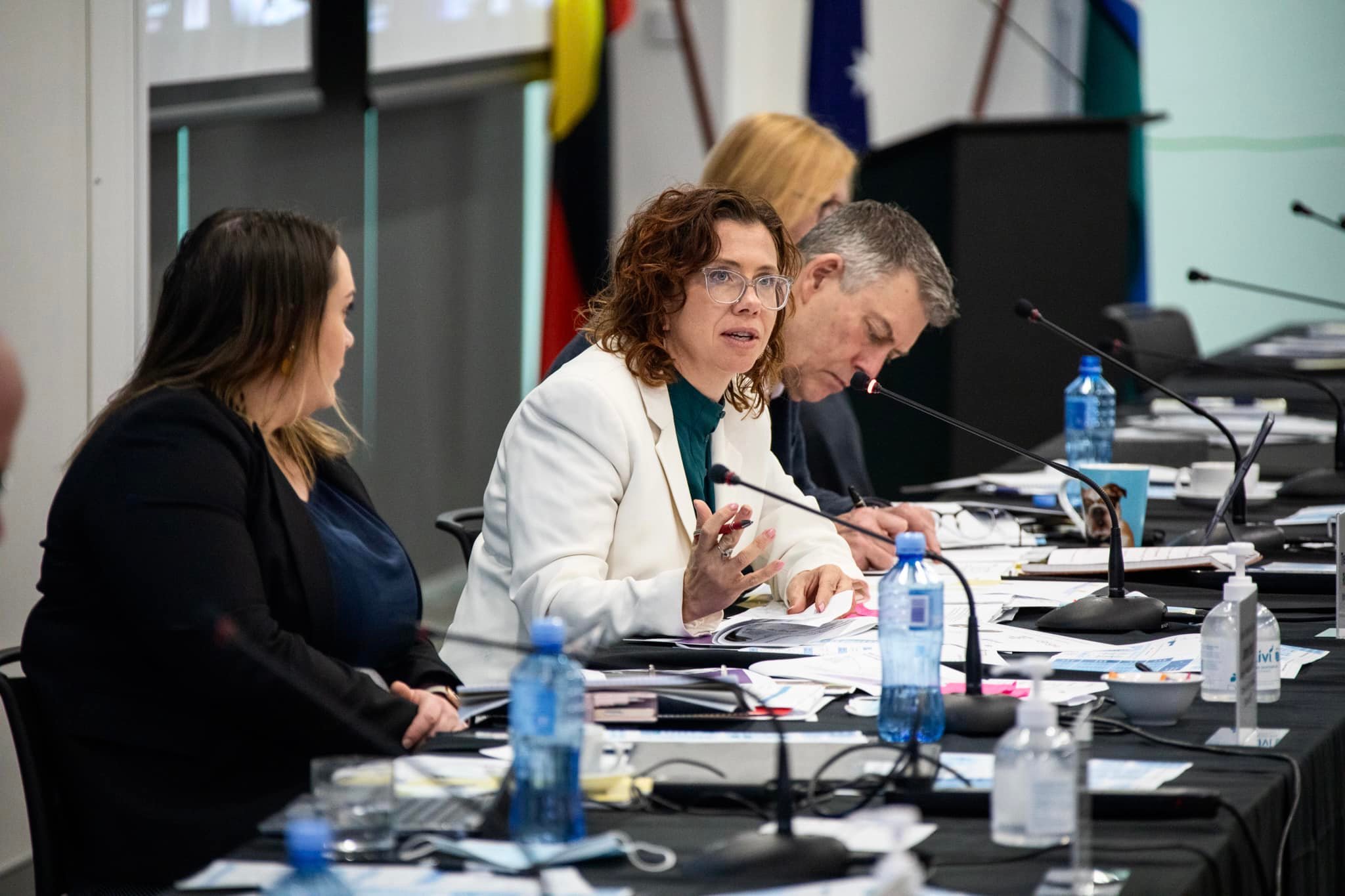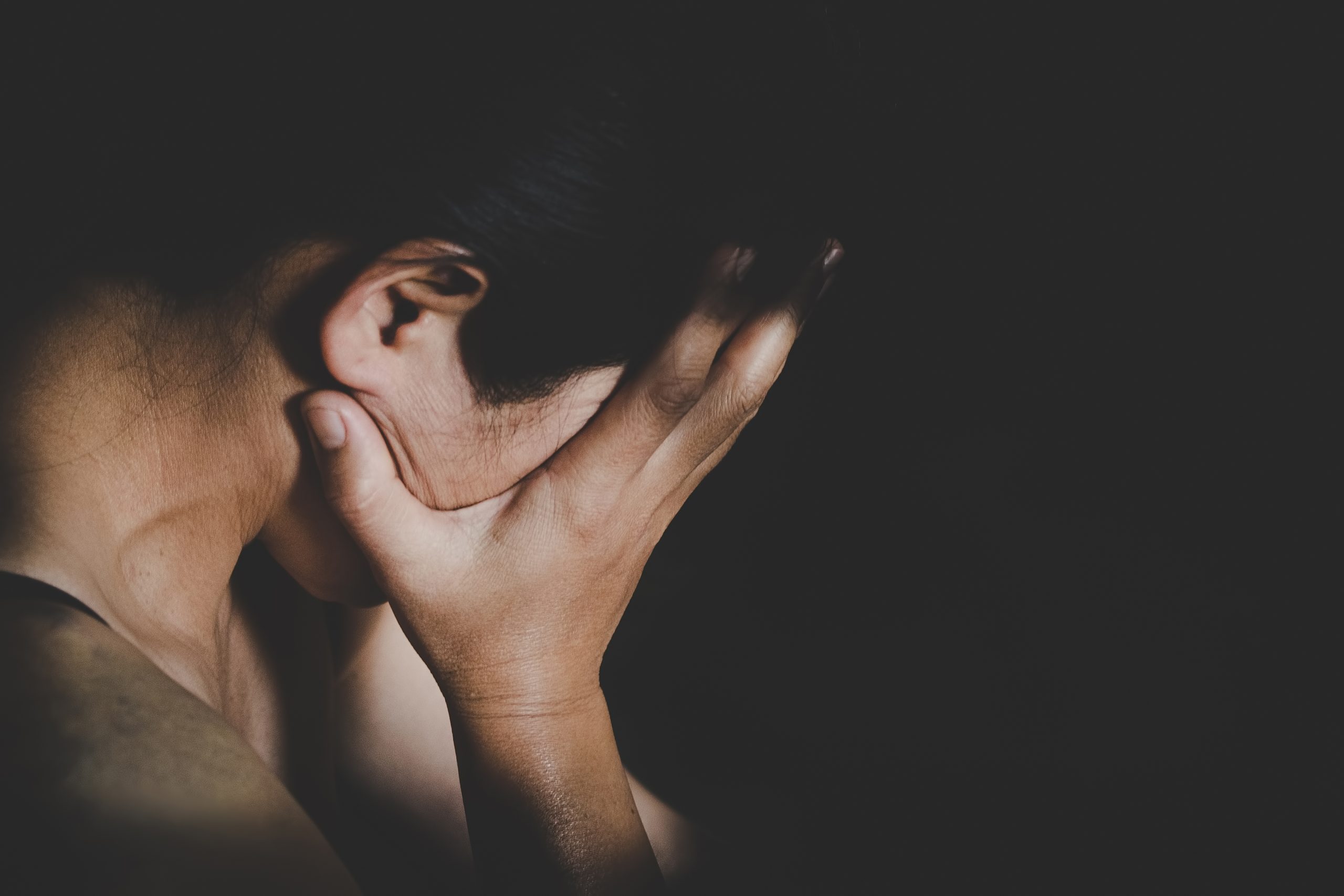The findings come from Australia’s National Research Organisation for Women’s Safety (ANROWS) who did a study of more than 57,000 Australian women.
It was led by a team from the University of Newcastle to assess the prevalence of sexual violence and the impacts the experience has on Australian women and their economic, social, emotional and physical wellbeing.
The research revealed that 51% of women in their 20s were subjected to sexual violence in their lifetimes.
The study also found 34% of women in their 40s and 26% of women aged 68 to 73 have an experience.
“I feel really upset when I read this data,” said social services minister Amanda Rishworth.
“We know that … the impact that experiencing sexual violence has on a person – but particularly women who are very much experiencing this – can have ramifications for their whole lives.”
Women from all age groups were more likely to report an improvement to their mental health if they had reported their experience and if they had help.

“We need to hear that message and really invest in what works for women’s long-term recovery.”
She said these statistics are much higher than previous data and the full scope of abuse is still unknown.
“The Australian Bureau of Statistics does a personal safety survey every four years — that has regularly seen it as one in five women experienced sexual violence in the course of their lifetime, which sort of equates to what the older women are telling us [in this study],” she told the ABC.
“But we know that sexual violence is under-reported, we know that we still haven’t reached that threshold in terms of what people actually understand their experience to be and how they report it.”
Raman has called for a consistent definition of sexual violence, saying there are problems with identifying its prevalence and collecting data on it with the different definitions under different jurisdictions.
“What that means for us as a research organisation, as an evidence organisation is it’s almost impossible to count,” she said.
“You can’t count things that are defined differently.”






